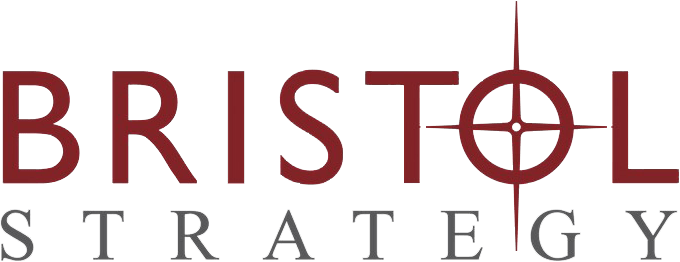This is the first in a series of blogs about things YOU can do to make it easier for your development shop to get consistently great results and predictable levels of growth, by improving the way you manage things.
.jpg) I’d like to address the following myth: “as soon as you hire a development officer, grantwriter, or corporate relations specialist, they will immediately start to raise money for you.” BEEP! Wrong. PS: it’s wrong whether the new hire is a rookie or somebody with decades of experience AND a big fat contact list.
I’d like to address the following myth: “as soon as you hire a development officer, grantwriter, or corporate relations specialist, they will immediately start to raise money for you.” BEEP! Wrong. PS: it’s wrong whether the new hire is a rookie or somebody with decades of experience AND a big fat contact list.
If you expect great fundraising performance, your staff needs much more than a copy of the mission statement, access to the donor-base software, and directions to the bathroom. It should only be so simple. Great fundraising performance requires great fundraising management, attention to performance indicators, and the support to improve things on a continuous basis.
To start with, your development team needs the following things, in this order:
What’s expected of them. Make sure your fundraising team knows how much, how many, how often, and why. “How much” – how much money, in gifts of a such-and-such value. “How many” – how many funders they’re expected to acquire, retain and upgrade every year. “How often” – how often development officers communicate with funders and prospects before, during and after cultivating contributions. “WHY” – the reasons why donors give, and the reasons why fundraisers raise money. After all, part of the money raised pays their salaries.
HINT: If you don’t tell them, they won’t know. And then where will you be?
Who they should call on. Pardon my rotten grammar, but development officers don’t  always know which funding are worth cultivating and which aren’t. They need guidelines (qualifying criteria in sales-speak) to tell the difference between donors worth talking to, and those who aren’t. It’s not worth their time, or your money, to invest hours in prospects who aren’t interested but are too polite to say so.
always know which funding are worth cultivating and which aren’t. They need guidelines (qualifying criteria in sales-speak) to tell the difference between donors worth talking to, and those who aren’t. It’s not worth their time, or your money, to invest hours in prospects who aren’t interested but are too polite to say so.
HINT: If you don’t provide the guidelines, they’ll waste time and effort on DOA’s. DOA’s – prospects who are dead on arrival.
How much they should ask for. Lots of people hate to ask for money, and contrary to popular opinion, some of them raise charitable donations for a living. Does your fundraising team know the size of a reasonable gift? Do they have the confidence to ask for four-, five- or six-figure gifts? Do they know how the donor’s giving history and capacity?
HINT: If you don’t provide guidelines on gift size, they’re shooting in the dark. The best prospect research services will tell you such information. If you’re not using it, why not?
 They know what to do ‘next.’ Sometimes, development officers can get a prospect’s attention and create rapport, but then they drag their feet. Why? Because they’re not sure what to do ‘next.’ Buy them lunch (again? Another facility tour? Tickets to the big game? Another gala, golf tournament, introduction to the CEO? When does ‘next’ means “will you give us a contribution?”
They know what to do ‘next.’ Sometimes, development officers can get a prospect’s attention and create rapport, but then they drag their feet. Why? Because they’re not sure what to do ‘next.’ Buy them lunch (again? Another facility tour? Tickets to the big game? Another gala, golf tournament, introduction to the CEO? When does ‘next’ means “will you give us a contribution?”
HINT: If you don’t have a predictable set of cultivation stages, they could wander forever. Learn from sales teams: develop an opportunity pipeline, and divide it into stages. We call them Donor Moves.
Learn more about Fundraising the SMART Way™, our contrarian approach to fundraising management here!

